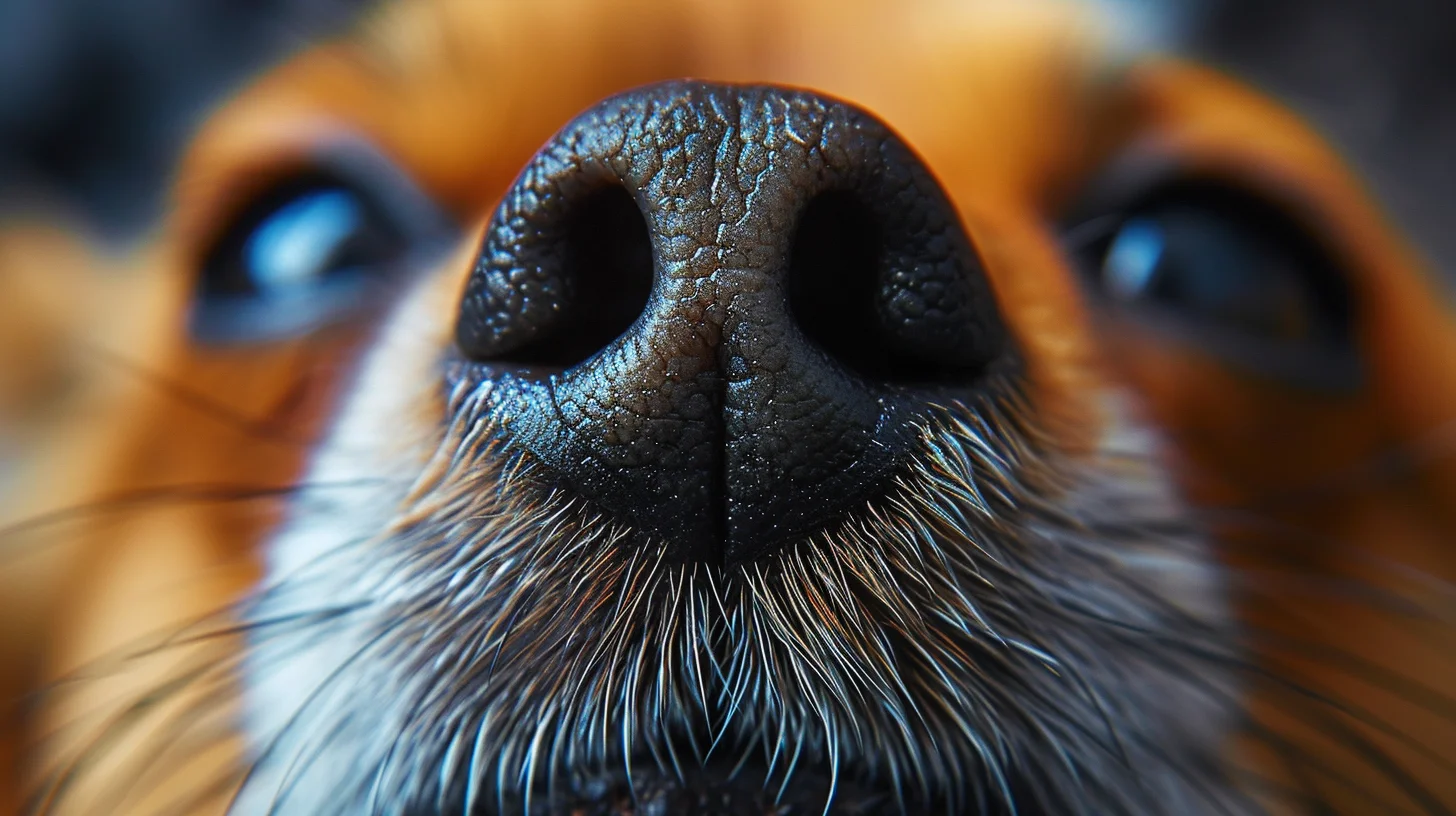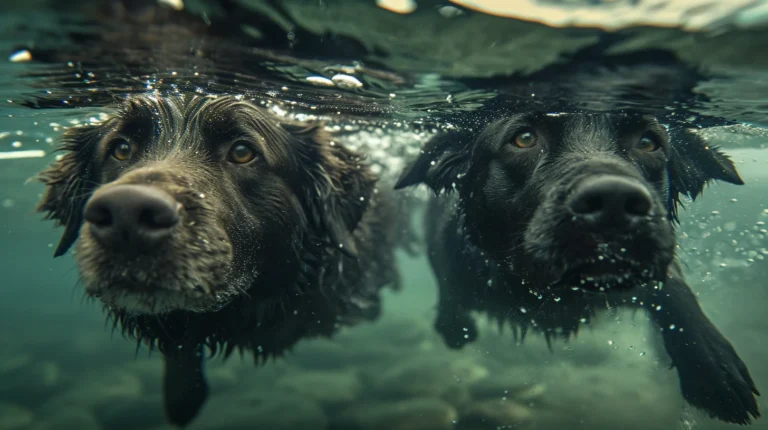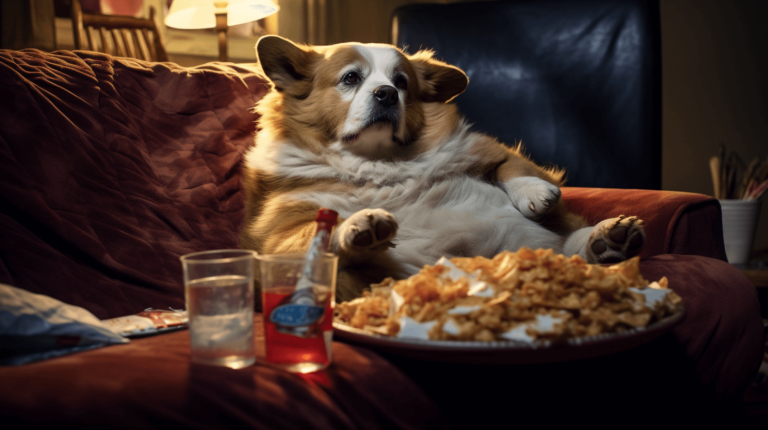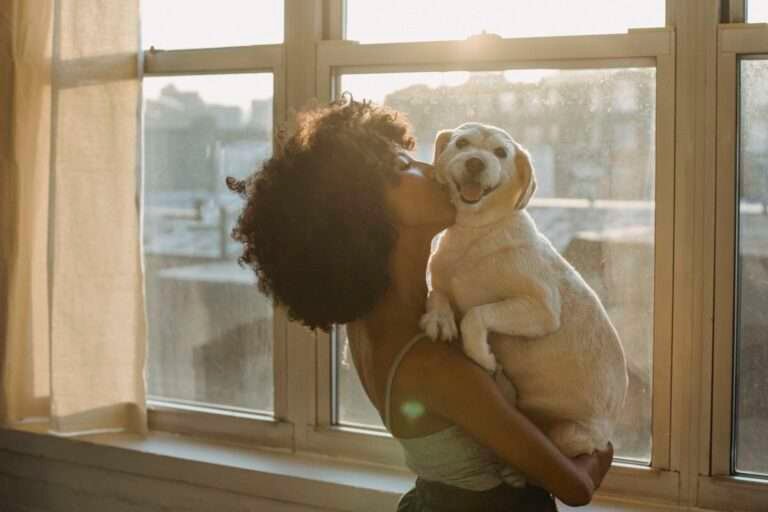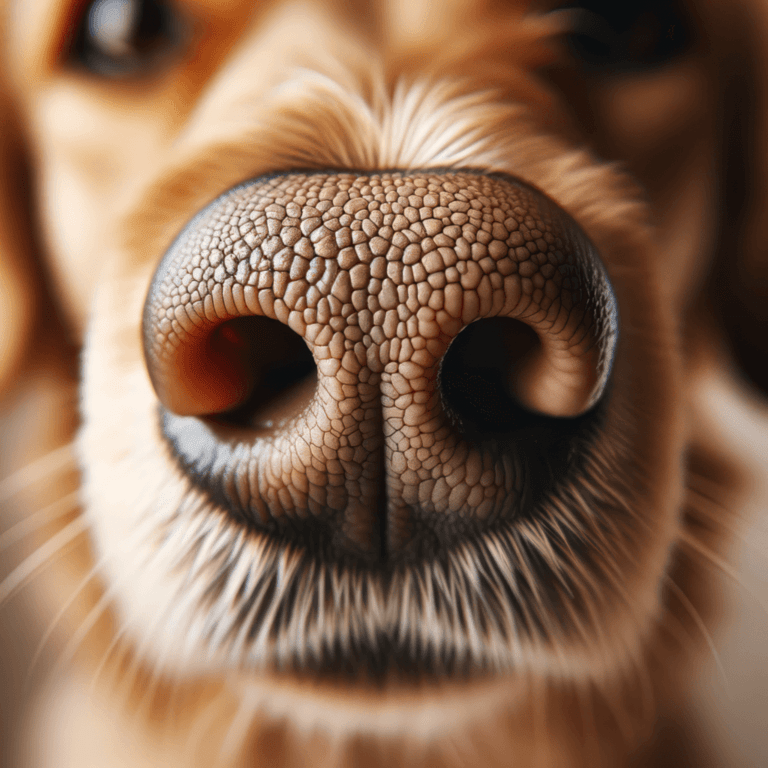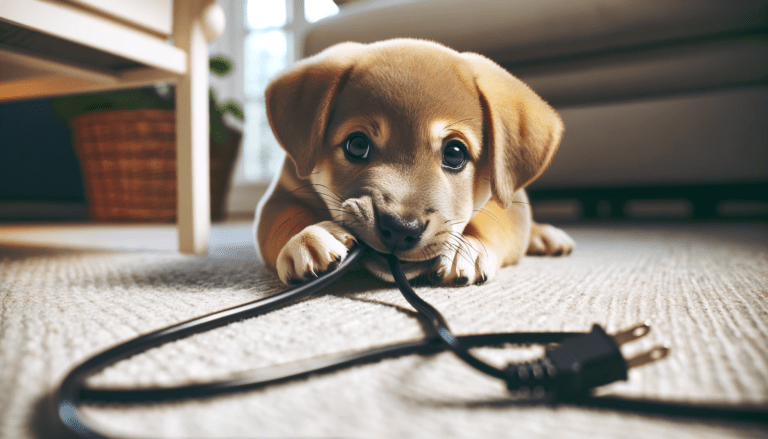Why Can Some Dogs Smell Better Than Others?
A Dog’s Sense of Smell
Some dogs have a better sense of smell than other dogs, and it’s not all about the breed.
Firstly, it’s essential to understand that a dog’s sense of smell is their superpower. While humans mainly rely on vision, dogs use their noses to understand the world. Now, why are some dogs better at smelling than others? There are several factors:
1. Breed and Genetics
Just like humans have different abilities based on their genes, dogs also have variations in their smelling abilities based on their breed. For example, Bloodhounds, Beagles, and German Shepherds are known for their exceptional sense of smell. This is because they have been bred for activities that require a strong nose, like hunting or tracking.
2. The size of The Snout
A dog’s snout size plays a significant role in its ability to smell. Longer snouts can house more olfactory receptors – the tiny cells responsible for detecting smells.
Think of these receptors like tiny scent detectives. More detectives mean more ability to pick up and analyse different smells. Breeds with shorter snouts, like Bulldogs or Pugs, have fewer of these receptors.
3. The Number of Olfactory Receptors
Different dogs have varying numbers of olfactory receptors. To give you an idea, humans have about 5 million of these receptors, but a dog like the Bloodhound has around 300 million! More receptors translate to a better ability to detect and differentiate smells.
4. Brain Power
It’s not just about the nose; it’s also about the brain.
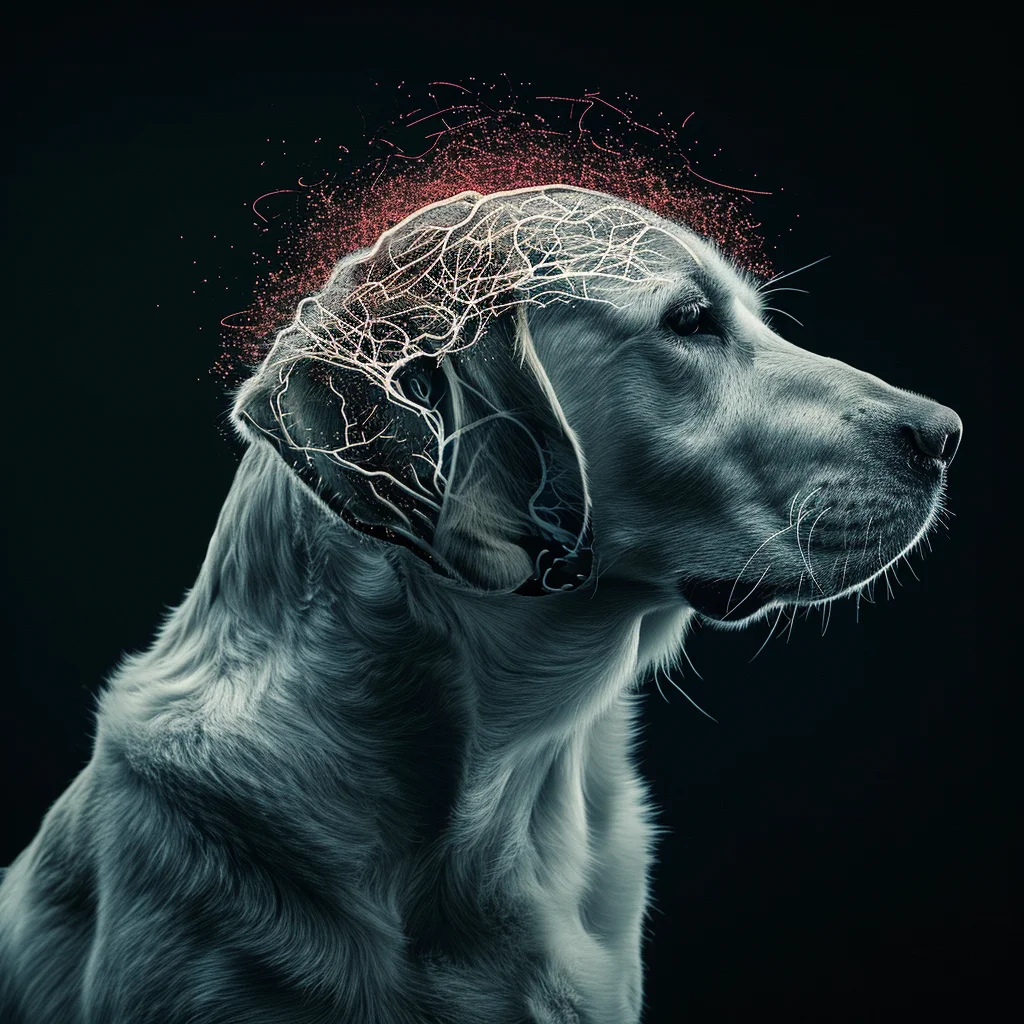
Dogs have a part of their brain that’s dedicated to analysing smells, which is proportionally 40 times greater than ours. This means they can identify and remember more smells.
5. Training and Experience
Just like humans, dogs can improve their skills with practice. Dogs trained for specific tasks like drug detection or search and rescue become more skilled at identifying specific scents. Their experience in different environments also enhances their ability to distinguish and remember different odours.
6. Physical Health
A dog’s sense of smell can be affected by its health. Just like humans get a stuffy nose, a dog can have a reduced sense of smell due to health issues like allergies or infections.
7. Environmental Factors
The environment a dog is in can also impact its smelling ability. For example, a dog might struggle to pick up scents in extremely cold weather.
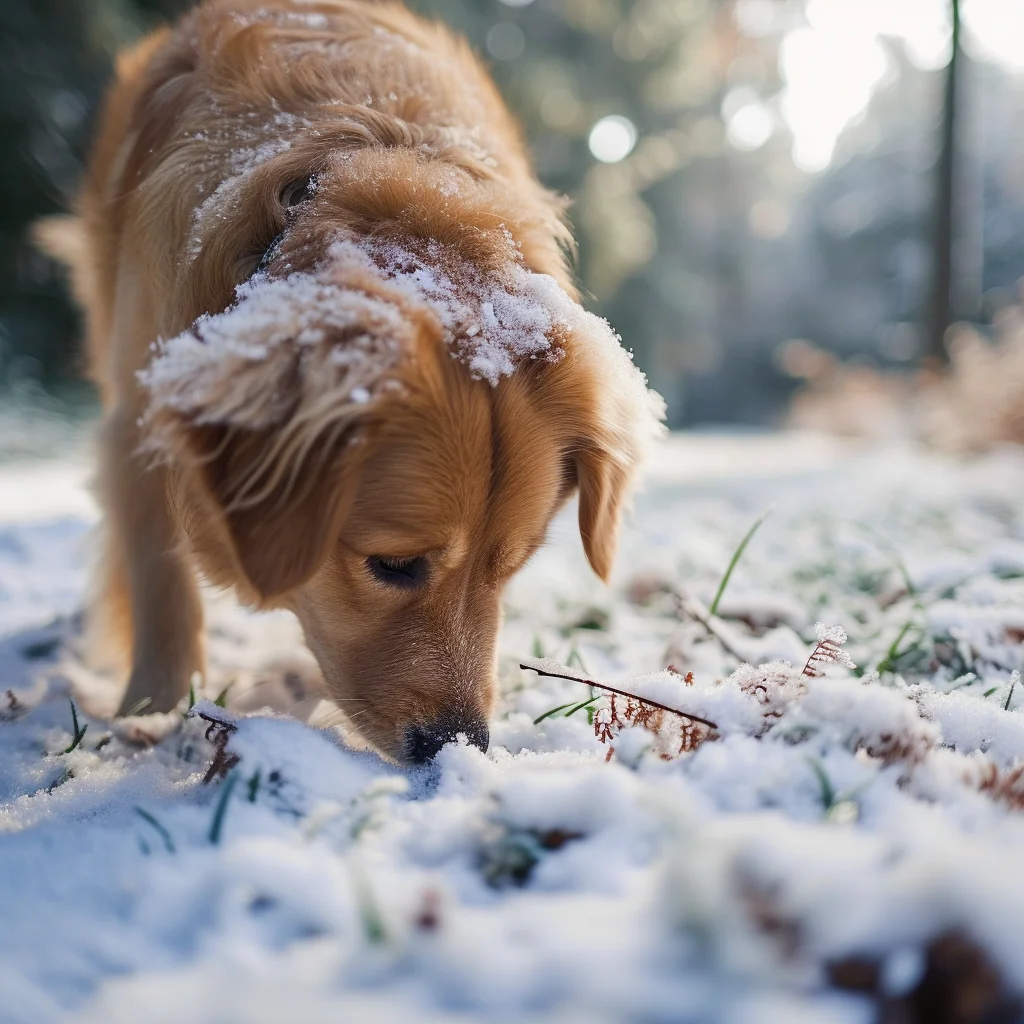
Similarly, a dog used to rural areas might be overwhelmed by the smells in a city at first.
8. Age
Puppies are still developing their senses, and senior dogs may experience a decline in their sense of smell. The prime age for a dog’s smelling ability is usually in their adult years.
9. Individual Differences
Just like humans, each dog is unique. Even within the same breed, some dogs may have a better sense of smell than others. It’s a combination of genetics, environment, and individual variation.
10. Breeding Purpose
Over centuries, humans have bred dogs for specific purposes. Breeds like Hounds, Retrievers, and Shepherds were bred for jobs that required a keen sense of smell. This selective breeding over generations has enhanced these breeds’ smelling abilities.
In summary, a dog’s sense of smell is influenced by a mix of genetics, physical traits, brain function, training, health, environmental factors, age, and the specific purpose they were bred for. Some dogs are naturally gifted with a remarkable sense of smell, while others might be average sniffers. However, each dog’s nose is an amazing and complex tool that provides them with a unique view of the world around them.
Thanks for reading! We hope we answered your question! Please remember to visit our shop before you go – we donate 10% of profits to UK dog shelters or charities.

